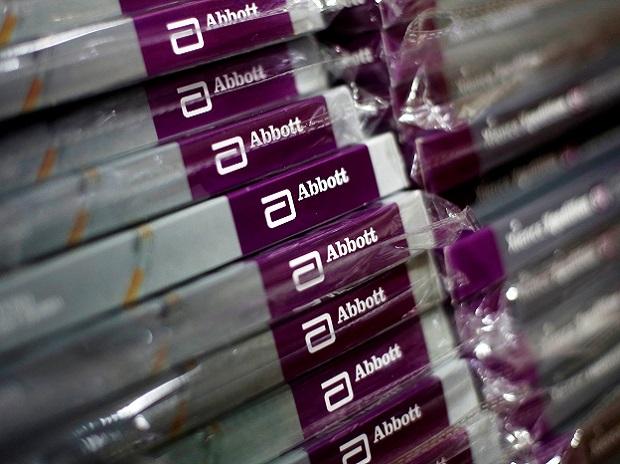Abbott India warns of laxatives shortage in tussle with Goa regulator
Abbott Laboratories’ Indian unit has warned of potential supply shortages of two popular laxative syrups after production was prohibited in India’s Goa state, where drug inspectors have found lapses at a company factory, a letter shows.
Goa, where Abbott has one of its two India plants, asked the company to halt production of Cremaffin and Duphalac syrups last month. The request followed the recall of another Abbott drug which triggered factory inspections by health officials who found contamination risks and sanitisation issues.
The two laxative brands together have estimated annual sales of $70 million in India, healthcare data firm Pharmarack says.
In a letter to Goa’s Directorate of Food and Drugs Administration dated Sept. 18, which is not public and has not previously been reported on, Abbott pushed state regulators to allow it to restart manufacturing the two medicines.
“The two products have a high consumption rate and are highly prescribed,” Abbott said in the letter seen by Reuters. “We are likely to face a supply shortage of these two products,” it warned.
Cremaffin, Abbott argued, is a “necessity to support hospitalised patients” while Duphalac is prescribed in serious disorders caused by liver failure.
Abbott in India and the Goa FDA spokesperson did not immediately respond to requests for comment.
India is a major market for Abbott. Its currently regulatory challenges in the country began in August with the recall of thousands of bottles of its popular Digene Gel antacid syrup following complaints about its taste and odour.
Abbott has since halted production of Digene but says there is no impact on patient health.
Drug inspectors who visited the Goa facility following the recall flagged issues such as water stagnation in tanks and pipes, saying it could lead to contamination and microbial growth.
They asked the company to fix the problems and the FDA warned it could revoke the manufacturing licence for Digene syrup, Reuters reported earlier this month.
In its latest letter, Abbott told Goa authorities it had taken corrective steps, segregating the manufacturing lines of different drugs and changing its cleaning protocols.
“We are committed to invest and upgrade the manufacturing site,” it said, asking that no action on the licence be taken.
(Reporting by Rishika Sadam in Hyderabad; Editing by Aditya Kalra, Kirsten Donovan)
(Only the headline and picture of this report may have been reworked by the Business Standard staff; the rest of the content is auto-generated from a syndicated feed.)
